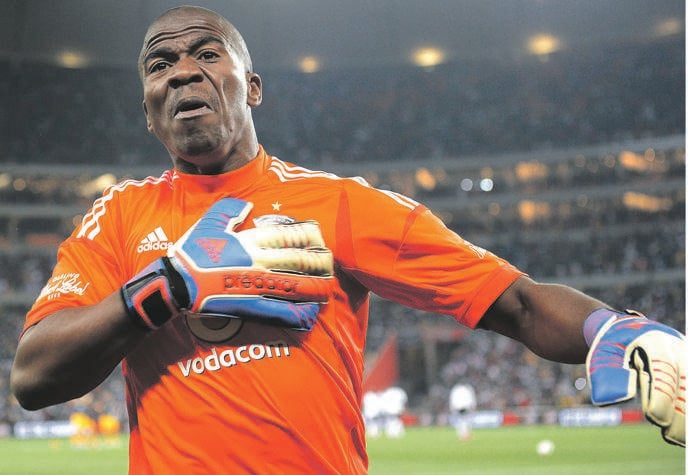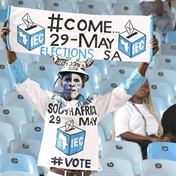
AfriForum’s decision to investigate the murder of former Bafana Bafana captain Senzo Meyiwa – on his family’s request – was received positively in all communities.
On social media, numerous people very quickly sorted out the small group from the EFF who simply could not accept that black people and Afrikaners could cooperate positively to reach a common goal. Nor did Afrikaners and Afrikaans-speaking people hesitate to rebuke white racists who believe that AfriForum should only support white people.
It was also apparent that some people were astonished that we would help a family that, five years after Meyiwa was killed, has still not seen justice done.
Some asked why AfriForum was involving itself in the Meyiwa case. The short answer is simple – because it is the right thing to do. The Meyiwa family deserve justice, just like any other family that loses a loved one to the violence that is ravaging our country. Full stop.
The long answer is that involvement in the Meyiwa case adheres to three of our aims:
- We promote justice;
- We apply public pressure to the authorities to fix the criminal justice system; and
- The better future that we want to create should be built on unity in diversity, and on a basis of mutual respect and recognition between all communities.
We fight unapologetically for justice for everyone. In practice, this means that we should and are able to fight for justice on various fronts. We can therefore comfortably promote the preservation of Afrikaans and mother-tongue education and fight for justice for Meyiwa without hesitation at the same time.
The latest crime statistics show that 21 022 people were murdered in just one year. According to the National Prosecuting Authority’s own annual report, fewer than 20% of murder cases actually make it to court. Of this small number of cases that are eventually prosecuted, 22% of the accused are acquitted. This means that, in practice, there are more than 17 000 cases every year in which no justice prevails for the victims – as in the Meyiwa case.
The tragedy is this: If the family of a national hero like Meyiwa is denied justice, what are the chances that your or my family will enjoy justice if something similar happens?
Institutions like ours and others unfortunately do not have the resources to solve more than 17 000 murders a year. Through our involvement in the Meyiwa case, we can apply the necessary pressure to the authorities to discharge their duties towards citizens.
.@afriforum to represent the family of #SenzoMeyiwa
— AfriForum (@afriforum) November 5, 2019
Herewith a link to the conference: https://t.co/jQFffFrXQR
We campaign for unity in diversity and promote the principle of mutual recognition and respect between communities. Unity in diversity presupposes space for different viewpoints, attitudes towards life, languages, cultures and so forth.
In practice, true diversity means that, from time to time, there will be significant differences of opinion in the public debate. Robust debate is a good thing. What is indeed important is that we ensure that what we sometimes differ on does not cause us to not cooperate in things that we agree on. It is in terms of this unity in diversity that we are currently seeing people becoming increasingly willing to cooperate with us in instances where we share a goal.
In terms of the outdated stereotypes of the past, someone who intervenes for Afrikaans and issues that are important to the Afrikaner is immediately perceived as someone who despises black people.
The short and the long of it is that we will fight at full steam against what we believe to be wrong, but also cooperate at full stream for what is right. It is within this context that we can fight for justice for the Meyiwa family, but also take a stand against violent crime on farms.
AfriForum can quite comfortably take on a court case on behalf of the Zulu children from the Nkungumathe community in Nkandla in KwaZulu-Natal to force government to build a school in their community while simultaneously fighting for Afrikaans education.
AfriForum was able to successfully support the black people of northern Pretoria’s Wallmansthal Communal Property Association in court after their land, which they had obtained through a land claim, was invaded by land occupiers, while also clearly pointing out the dangers that expropriation without compensation holds.
People who so readily want to show AfriForum in a bad light have the fullest right to differ from AfriForum on many issues. All that AfriForum asks is that the support it provides to the broader community should not be withheld deliberately. It is not necessary for us to agree on everything in the country – on the contrary, we will differ greatly. But let us work together in cases of mutual interest, despite our differences. This is unity in diversity in action.
Kallie Kriel is chief executive officer of AfriForum




 Publications
Publications
 Partners
Partners









